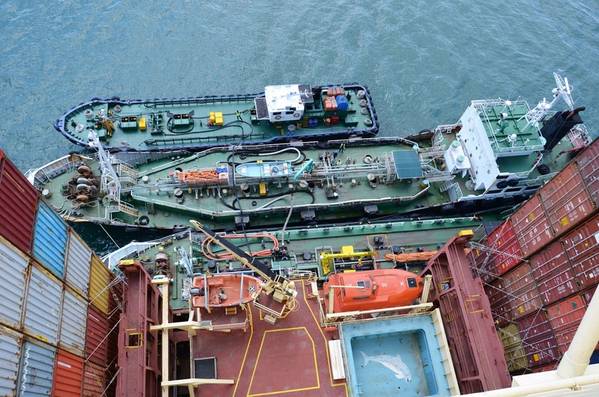
China's exports of low-sulfur marine fuels dipped 1.6% in 2024 from the previous year, data from the General Administration of Customs showed. The decline in exports emerged despite an uptick in refuelling demand at key bunker ports globally, as China cut export quotas in its final batch of the year.
Exports of the marine fuel, which is mainly of very low-sulphur fuel oil (VLSFO) grade, totalled 18.33 million metric tons, customs data showed. VLSFO has a maximum sulphur content of 0.5% to comply with emission rules set by the IMO. That compared with 18.6 million tons in 2023, a year when demand picked up further as China exited COVID-19 lockdowns.
The easing annual exports, measured mostly by sales from bonded storage for vessels plying international routes, contrasted with the stronger bunker sales seen at other top refuelling hubs - Singapore and the UAE's Fujairah. The last 2024 batch of marine fuel export quotas for China had been below market expectations, leading to less domestic supply available for bunkering.
China's Zhoushan refuelling hub logged fresh highs in bunker volumes totalling 7.26 million tons in 2024, based on data from Zhoushan port. Meanwhile, the number of licensed bonded bunker suppliers across China also edged higher to 37 as of 2024, up from 34 as of 2023, according to JLC data.
China's total fuel oil imports climbed further in 2024, up 7.4% to 24.1 million tons, a record high, based on customs data and historical data from Kpler. Since 2023, Chinese independent refineries have ramped up purchases of fuel oil to use as lower-cost feedstock, particularly discounted oil blended from Russian barrels.
However, import demand is expected to drop in early 2025 following a hike in the product's import tax, lower tax rebates on fuel oil shipments, as well as logistical challenges to import Russian fuel amid sanctions uncertainty.
The import volumes included purchases under ordinary trade, which are subject to import duty and consumption tax, as well as imports into bonded storage.



